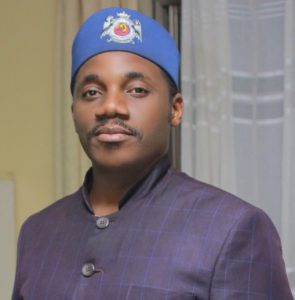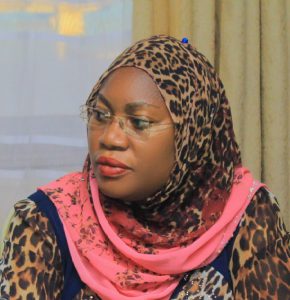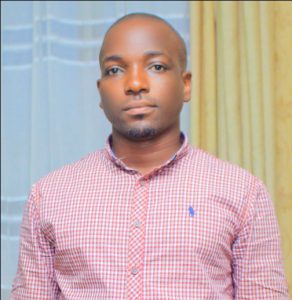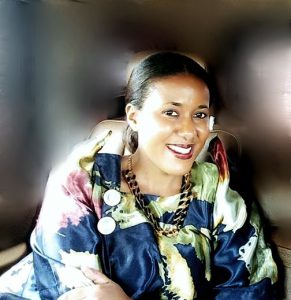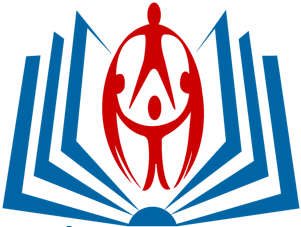


Our History ___________
In 2015, a Community Needs Survey was made in Rubaga Division, Kampala by the Prof. Dr. Wasajja Kiwanuka, the Founder of Royal Open University. Some of the key highlights in this report was the fact that over 65% of youth in area were unable to continue with their higher education because of high fees. The report also exposed the bitter fact that almost 95% of youth with disability fail to go beyond secondary school.
In 2016, Prof. Wasajja mobilized the community members to start attending free courses at his compound in Mutundwe. He wooed some of the lecturers from the nearby Kampala University branch to attend to this group. The first cohort of students studied a combined curriculum involving soft skills and practical skills; Creativity and Innovation, Communication Skills, Entrepreneurship as well Craft making, graphics and designs, embroidery, etc.
In August of 2016, Prof. Dr. Wasajja and his team decided to register Royal Open University as a Not-for-Profit Online higher Institution of higher Learning with Uganda Registration Service Bureau. In 2017, it set up a coordination office at Ndeeba (Rubaga), surburb of Kampala City. In August 2017, Prof. Dr. Wasajja Presented a proposal in the 9th Commonwealth Youth Meeting about support of youth with disability to acquire higher education. This is when he proposed the creation of Royal Open University. Several countries vowed to support the new institution by linking it with open and virtual universities in their respective countries. That how, Royal Open University got involved with Open University of UK, National Open University Nigeria, etc. From then on, Royal Open University has embarked on educating all youth who cant manage to join the traditional Universities.
Vision
To become an internationally acclaimed technology based university that improves access to higher, inclusive, innovative, 21st Century education, while maintaining
the highest quality standards.
Mission
To provide the highest quality of education and research opportunities to all aspiring students irrespective of their economic background, age, gender, religion, and geographical location by using modern ICT with content developed by top experts of their respective fields.
Court of Arms

Governance/Administration ___________________
